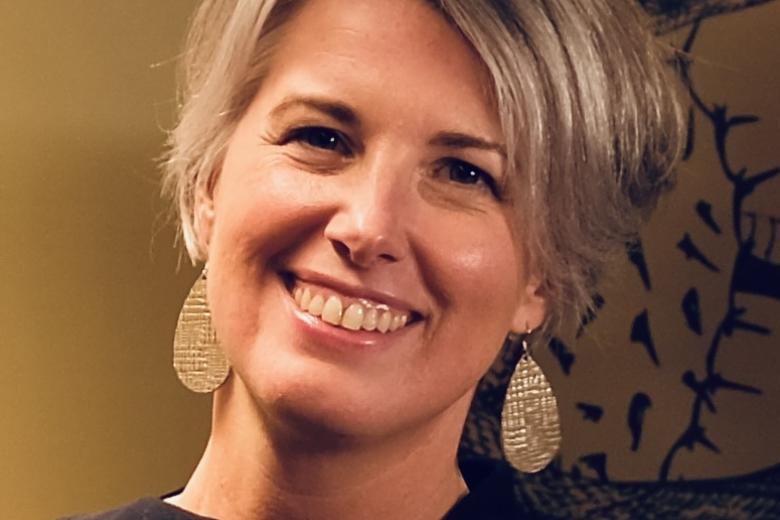Joint article on climate liability
Prof. Michael Faure and Prof. Marjan Peeters joined forces and published an article on Climate Liability examining questions and prospects on the role of regulation in relation to tort law from a law and economics perspective.
Publication details
The article is published in the Oxford Research Encyclopedia on climate science (a multidisciplinary collection) and is freely accessible.
Abstract
In view of the need to curb greenhouse gases, the question arises as to the functions of liability in providing effective incentives for emitters in order to change their behavior. Liability for emitting greenhouse gases exists (or can exist) in the area of public law and private law and can be subdivided into international, administrative, and criminal liability (public law liabilities) and tort law liability (private law liability). Actions for holding individual and legal persons (such as states, authorities, and companies) liable can, depending on the specific jurisdiction, be triggered by citizens but also by legal persons, such as authorities, companies, and non-governmental organizations (NGOs), particularly environmental NGOs. The central question in this article is how climate liability is arranged under public law and whether there would be any role for climate liability to play under private law, thereby applying a legal and economic methodology. That so-called law and economics doctrine is a useful approach as it has given a lot of attention, for example, to the different functions of specific legal instruments (more particularly regulation, including taxation and emissions trading and tort law liability) for mitigating greenhouse gases. Meanwhile, in practice, various examples can be identified whereby tort law liability is used as a complement to greenhouse gas regulation. This specific use of tort liability is analyzed in the light of the law and economics literature, thereby pointing at prospects but also at remaining core questions. The success of tort law actions will most likely greatly depend on the (lack of) ambition vested into the emissions regulations at international and national levels. One of the exciting questions for the near future is to what extent judges feel able to step into the regulation of the climate change problem, in an ex ante way. The most difficult cases are obviously those where a regulatory system concerning greenhouse gas mitigation has been put in place and where the court system is strong, but where particular groups consider the regulations to be insufficient.
Also read
-
Christian Ernsten awarded funding for project on recurating colonial-era collections
UnRest focuses on the historically significant yet deeply contested archives and artworks associated with Robert Jacob Gordon (1743–1795) – a Dutch military officer and explorer whose documentation of the Cape region shaped European knowledge of South Africa during the 18th century
-
Milou: “Studying is still often a privilege’’
Even outside the lecture hall, law student Milou Scholten is committed to justice. As the chair of Students for Equality, she campaigns for accessible education and equal opportunities for all students.
-
Tanne van de Kreeke – a former lawyer turned epidemiologist
According to Tanne, a former lawyer and now part-time Epidemiology student, the quality of research in general would improve if more people had a better understanding of epidemiology and how the field relates to research methodology. Tanne is clear about the benefits of the master’s programme.